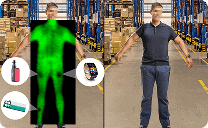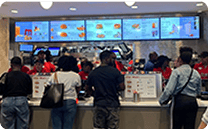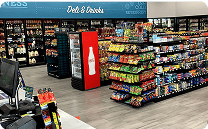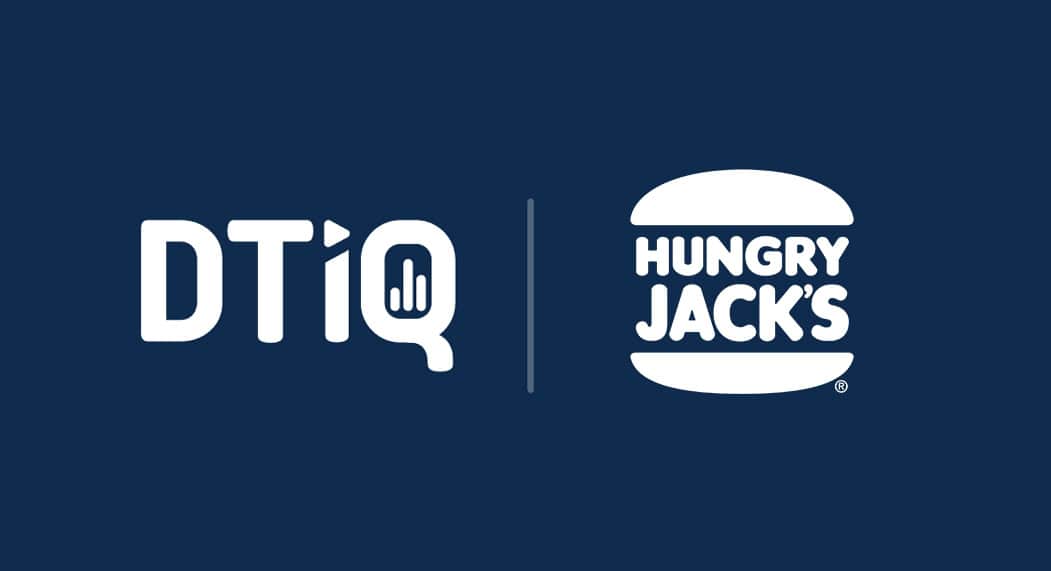Continued global growth of the fast-food market underscores consumer hunger for the burgers, chicken, onion rings, tacos, pizza and other menu items quick-service restaurants are known for—and the industry’s dedication to digital innovation. As quick-serves across the country and around the globe continue thriving, these companies are also occasionally plagued by theft, significantly impacting their reputation and bottom line.
While traditional theft prevention methods show limitations in keeping up with increasingly sophisticated criminal tactics, artificial intelligence—a transformative industry-spanning technology—equips restaurant management teams with a critical tool to strengthen theft prevention strategies.
The Quick-Service Theft Landscape
Quick-service restaurants often handle a high volume of transactions, serving as attractive targets for criminals seeking to exploit vulnerabilities in their operations. Despite the rise in alternative payment methods, cash still accounts for almost half of all purchases at quick-service brands. From customer shoplifting to employee theft and even fraud, various types of theft impact these types of restaurants. Whether customers don’t pay for food or drink or take a cool cup or ramekin, shoplifting incidents impact a restaurant’s bottom line, while employee theft undermines organizational trust.
Combine tempting opportunities to pocket cash or take supplies home with the low risk of getting caught by your coworkers, and it is no wonder that quick-serves lose up to 7 percent of sales to employee theft, according to the National Restaurant Association. Additionally, employees can abuse cash register capabilities, deleting, voiding, refunding or otherwise altering transactions to take home extra money.
Given already tight margins, any loss or theft can be devastating. Enter AI technology.
AI’s Increasing Role in Theft Prevention
Much like how transformative technology is revolutionizing customer service, content generation, disease mapping and so much more, AI is reshaping how restaurants approach theft prevention. By leveraging advanced algorithms and machine learning capabilities, AI can analyze vast amounts of data and detect anomalies to proactively identify theft.
Video Surveillance Analysis
While traditional video surveillance systems generate massive quantities of footage, a human still needs to parse through that visual information to pinpoint suspicious activities. And in a world where quick-service restaurant managers only ever watch 1 percent of video surveillance footage, that is a serious problem.
AI-powered intelligent video and loss prevention solutions can monitor quick-service restaurant premises in real time, tracking customer and employee movements to identify questionable behavior. In the event of unusual employee or patron conduct, AI can quickly alert management or security personnel to ameliorate the issue or investigate further.
Even better, AI-driven surveillance systems can learn from real-world data, analyzing historical information to recognize patterns indicative of potential theft. From unusual movements to repeated patterns or unexpected deviations from normal behavior, trends tracked across multiple stores or individual locations that might indicate theft or fraud can easily be identified, monitored and presented to enhance organizational consistency.
AI-powered cameras are equipped with advanced computer vision capabilities that can process visual data and track multiple objects—including customers, employees, and potential threats—simultaneously. Some AI surveillance systems even incorporate facial recognition to identify known shoplifters, which can deter potential criminals.
Data Analysis
Artificially intelligent systems can analyze thousands of data points to deliver the information restaurant operators need to optimally run their businesses. As mentioned, AI-powered video surveillance systems can identify and authenticate instances of financial loss, including sweetheart deals, product theft, discount fraud and more. Inherent to AI is the ability to continually train the underlying AI model to improve fraud detection accuracy while minimizing the number of rejected legitimate transactions. With support from AI models, e-commerce retailers can review impactful findings and make adjustments to their operations processes; some may even decline sales outside their risk guidelines.
Additionally, some systems use data analytics and video surveillance to track speed-of-service trends and compare location performance, detect objects, and count occupants. This data is then used to take action to improve service speeds and overall profits. Well-trained AI models are capable of analyzing video footage to identify bottlenecks, inefficiencies and areas for improvement in a quick-service restaurant’s workflow, boosting employee productivity. AI-driven audits can help operators optimize their resources, ensuring the right number of employees are deployed during peak hours, customers are helped promptly, eating areas are clean and all food hygiene protocols are followed.
Some solutions can analyze sales and transaction data, looking for patterns indicative of employee theft or fraudulent activities. By identifying anomalies in employee behavior—like frequent voided transactions, cash register discrepancies or suspect refunds—AI-powered systems can help management intervene to address potential issues.
From video surveillance to data analysis, AI is becoming indispensable in the sector.
AI: Transforming Quick-Service Operations
AI is clearly a powerful tool for quick-service restaurant management teams. Stealing isn’t always as obvious as an employee stuffing fistfuls of cash from the register into their pocket. In those instances, harnessing the power of artificial intelligence to take a proactive stance against theft and loss helps quick-service restaurant brands stay ahead—and out of the red.
Remember: Most of your employees are honest, hardworking people with no intention of robbing you. But that doesn’t mean you shouldn’t stay vigilant. By leveraging AI-driven video surveillance and robust data analysis to combat time and genuine theft, forward-thinking restaurants can proactively safeguard their operations, mitigate risks, and maintain a positive reputation in the local community and throughout the industry.
John Donnelly III is DTiQ’s chief revenue officer, driving global sales growth and customer success. With more than three decades of experience across sales, business development, marketing and leadership, Donnelly has a proven track record of raising capital and private equity to support high-growth tech companies at enterprise scale while returning multiple millions to private and venture investors. Bringing C-level experience with various verticals to the DTiQ team, Donnelly has led numerous teams through successful liquidity events, including initial public offerings and mergers and acquisitions, and has experience managing multiple stages of profit and loss, from Series A to over $1 billion in annual revenues globally. He earned a bachelor’s degree in marketing and information technology from Babson College.
Read more at https://www.qsrmagazine.com/




























